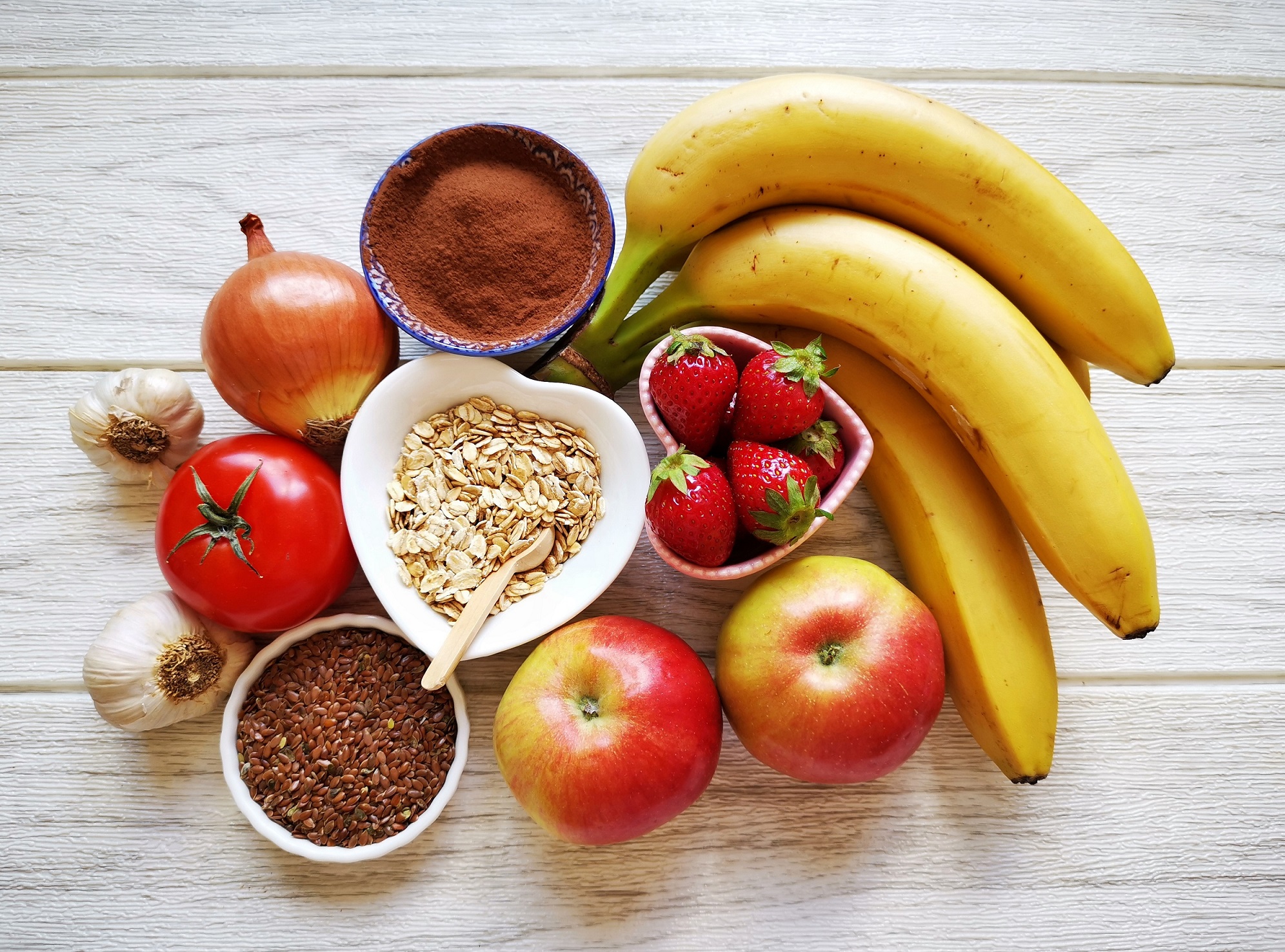We all know how important probiotics are, but what about prebiotics? As we all know, probiotics are good bacteria in food or supplements that provide multiple benefits to our health. And prebiotics is the food for that good bacteria. Prebiotics mainly come from fibrous carbs that our bodies cannot digest. Then the good bacteria (the probiotics) consume that fiber. A balanced diet containing probiotics and prebiotics helps ensure you have the right balance of these bacteria to keep your gut flora healthy.
Now that we know what prebiotics are, what foods should we eat to get our dose of prebiotics? Well, here are ten prebiotic foods you can incorporate into your diet.
Prebiotic Foods You Need In Your Diet
- Garlic – Garlic acts as a prebiotic by promoting the growth of beneficial Bifidobacteria in the gut. It also helps prevent disease-promoting bacteria from growing.
- Onions – A tasty and versatile vegetable linked to various health benefits. Like garlic, onions are rich in inulin and Fructooligosaccharides (FOS).
- Leeks – Leeks are nutrient-dense, which means they’re low in calories but high in vitamins and minerals. Leeks promote healthy gut bacteria and help break down fat thanks to their inulin content.
- Flaxseeds – The fiber in flaxseeds promotes healthy gut bacteria, encourages regular bowel movements, and reduces the amount of dietary fat you digest and absorb.
- Oats – Whole oats are a healthy grain with prebiotic benefits. They contain large amounts of beta-glucan fiber and some resistant starch.
- Apples – Apples are a delicious fruit with fiber. Pectin, a type of soluble fiber, accounts for much an apple’s total fiber content. The pectin in apples has prebiotic benefits.
- Jicama Root – Jicama root is low in calories and high in fiber, including the prebiotic fiber inulin.
- Seaweed – Approximately 50–85% of seaweed’s fiber content comes from soluble fiber. Studies have shown that polysaccharides found in seaweed can increase the production of short-chain fatty acids (SCFA), which nourish the cells lining your gut.
- Burdock Roots – Burdock root is a vegetable commonly used in Japan and has proven health benefits. It contains about 1.8 grams of fiber per 100 grams (3.5 ounces).
- Jerusalem Artichoke – Known for its sunflower-like appearance, the vegetable provides about 2 grams of inulin-rich dietary fiber per 100 grams.
Besides promoting a healthy gut, these food items provide various proven health benefits. Plus, with a variety of food options available, you can find the best item that works for you.
Which item are you adding to your grocery list? Comment below!





















Discussion about this post